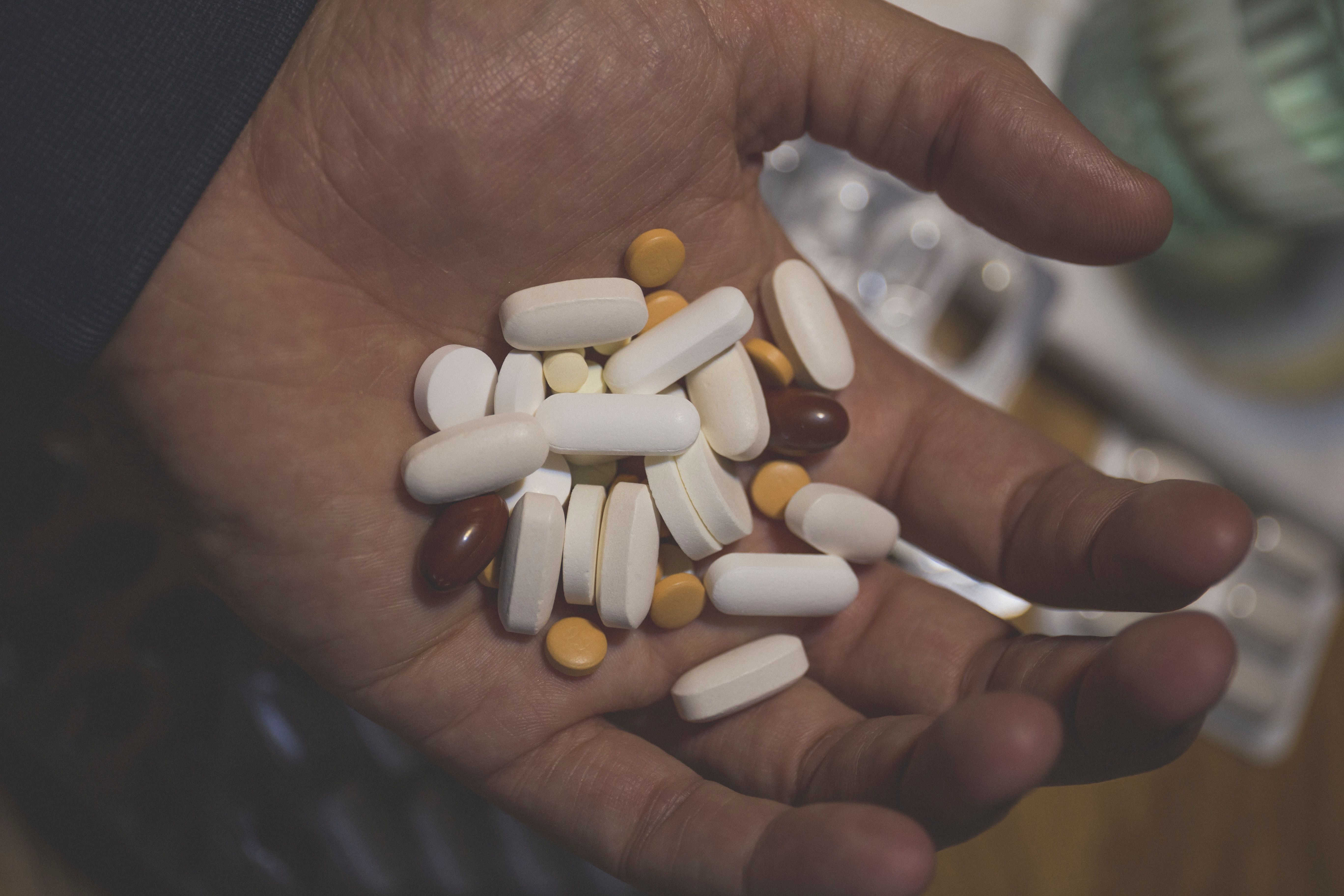Article
Identifying the Association of C Difficile Infections from Vonoprazan Use
Author(s):
Vonoprazan has shown more potent acid inhibitory effects than PPI.

When new treatments become popular, assessing the risk of developing Clostridium difficile (C. difficile) infection for patients is paramount.
A team, led by Kenta Watanabe, MD, Department of Gastroenterology, Akita University Graduate School of Medicine, identified the association of the onset of c difficile infections in patients treated with vonoprazan in comparison with proton pump inhibitors (PPI).
The Treatments
PPI is a class of treatments used to treat various conditions, including eosinophilic esophagitis and Gastroesophageal reflux disease (GERD). However, this class of treatments are also associated with the onset of CDI.
While a new potassium-competitive acid blocked called vonoprazan consistently shows more potent acid inhibitory effect in comparison to PPIs, the risk of CDI in vonoprazan-treated patients is currently unknown.
The Study
In the retrospective case-control study, the researchers used a nationwide hospital-based administrative database in Japan to identify 4466 CDI cases.
The researchers extracted 3 non-CDI patients (n = 13,220) as controls for every CDI case they identified and collected data on the usage of acid suppressants in the 2 months prior to the onset of CDI and other confounding factors.
The investigators also estimated the relative associations of gastric acid suppressants with the onset of CDI.
Risk
After conducting a multivariate conditional regression analysis, the researchers found both PPI and vonoprazan use was modestly, but significantly associated with CDI (PPI: OR, 1.3; 95% CI, 1.2-1.4; vonoprazan: OR, 1.4; 95% CI, 1.2-1.7).
However, in comparison to PPI users, vonoprazan did not show a stronger association with CDI, (OR, 1.07; 95% CI, 0.91-1.26).
“We found a significant positive association between vonoprazan use and CDI; however, the magnitude of the association was not beyond that in PPI users,” the authors wrote. “This is the first report on any potential adverse effects of vonoprazan.”
Proton Pump Inhibitors
Earlier this year, researchers further linked CDI risk to PPI use. Increased risk for C difficile infection remained elevated for up to a year after the conclusion of treatment with PPIs.
Investigators from Copenhagen, Denmark used a nationwide cohort of adults with C difficile infection in order to compare periods with and without exposure to PPIs.
Ultimately, the study authors identified 3583 episodes of community-acquired C difficile infection, of which 964 occurred during current use of PPIs.
Of the infections that occurred with use of PPIs, 324 occurred within 0-6 months after treatment conclusion. Additionally, 123 cases occurred between 6 and 12 months after treatment cessation.
The remainder of C difficile infection cases occurred during time periods without use of PPIs.
Comparing use of PPIs with nonuse, the study authors found that the adjusted estimate incidence rate ratio (IRR) was 2.03, they said. But the risk remained elevated in later time periods too: 1.54 for 0-6 months, and 1.24 for 6-12 months.
The study, “Potent Acid Suppression With Vonoprazan vs Proton Pump Inhibitors Does Not Have Higher Association With Clostridioides difficile Infection,” was published online in Stomach.





